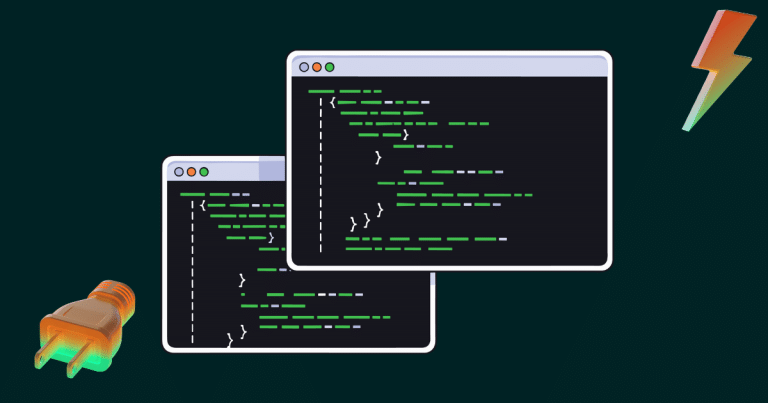Kent Beck: AI ‘genies’ are not replacing developers yet


“Some of what we used to do has suddenly become easy, which increases the leverage of the other things that we do, things like setting goals, project management, and breaking down projects into milestones. But we’re not yet at the place where ‘genies’ are going to replace us. It’s just not true.“, said legendary Kent Beck, talking to ShiftMag recently at the Craft conference in Budapest.
By ‘genie,’ Beck, of course, means AI coding tools.
We still have to observe what the ‘genie’ does with the code because sometimes it’s useful, and sometimes it’s damaging.
The implementation stuff has gotten easier, and that is exactly why other skills, like breaking down projects, setting goals, and project management become much more highly leveraged.
The Forrest vs. The Desert
Beck’s work has significantly shaped how teams worldwide approach building software, emphasizing iterative development, continuous feedback, and close collaboration. He is the author of several books, including ‘Test-Driven Development: By Example‘ and ‘Implementation Patterns,’ which have become cornerstones of modern software engineering practice.
At the conference, Beck presented a compelling metaphor contrasting two distinct work cultures in software development, which he called “The Forest and The Desert.” As he put it:
In the forest, we lead with purpose, not with pressure, unlike in the desert, where pressure drives every decision.
This concept provides a framework to understand different approaches and values within teams and organizations.
The Forest represents a dynamic, adaptive environment where change is expected and embraced. Teams operate with purpose, not pressure, preparing continuously for inevitable shifts in the project landscape. This environment encourages experimentation, learning, and collaboration.
The Desert symbolizes a rigid, high-pressure setting focused on strict adherence to fixed plans and deadlines. Change is viewed as an enemy, and leadership emphasizes constant pressure to “do more with less,” often resulting in burnout and reduced innovation.

Leadership Approaches
In the Forest, leadership is about nurturing purpose and enabling teams to adapt and learn. Leaders recognize that some efforts may not yield immediate results but are investments in future adaptability.
In the Desert, leaders rely on control, deadlines, and pushing teams to meet exacting standards. They often measure progress through rigid metrics and status colors (e.g., project status is never truly green, as green means stagnation).
Handling Change
Forest teams plan for change by embracing uncertainty and preparing for it. Retrospectives and flexible processes are essential tools to evolve workflows. Desert teams attempt to force reality to fit predetermined plans, resisting change and viewing deviations as failures to be punished.
Value of Changes
Most feature changes in software have little or no impact on value. The Forest is optimized to identify and implement the few changes that truly matter. The Desert churns out frequent small changes, often producing noise rather than meaningful progress.
Metrics and Accountability
In the Desert, metrics are used to control and pressure individuals, often focusing on quantitative outputs like keystrokes or lines of code, encouraging competition and blame. In the Forest, metrics serve as tools for self-awareness and team reflection, never used to publicly single out individuals. Accountability is framed as a celebration of trust and responsibility, fostering a culture of openness.
Bridging the Forrest and the Desert
Dependencies in the Forest encourage collaboration across teams to resolve issues collectively. Compliance in the Forest is embraced as a resource that ensures quality and trustworthiness, not as a bureaucratic hurdle.
Kent highlighted the real challenge of bridging these two “parallel universes” of software development cultures. Misunderstandings arise because of fundamentally different assumptions and language around success, failure, and accountability.
Lessons Learned from Kent Beck:
Lead with Purpose, Not Pressure: Cultivate a team culture that motivates through shared goals and meaning rather than fear of failure or punishment.
Prepare for Change, Don’t Resist It: Build flexibility into processes; expect and plan for shifts rather than trying to freeze plans.
Use Metrics Wisely: Employ metrics as tools for learning and improvement, not as weapons for blame or control.
Celebrate Accountability: Foster transparency and trust by encouraging team members to openly share progress and challenges without fear.
Manage Dependencies Collaboratively: Encourage cross-team communication to resolve dependencies rather than letting them become bottlenecks.
Embrace Compliance as a Resource: View regulatory and quality requirements as enablers of trust and product value, not obstacles.
Recognize the Culture You Are In: Understand whether your environment is more “Forest” or “Desert” and adapt your strategies accordingly. If possible, advocate for practices that move your team towards a more sustainable, Forest-like culture.



